Groupe de spécialistes de l'éducation à la nature pour la durabilité de l'UICN CEC
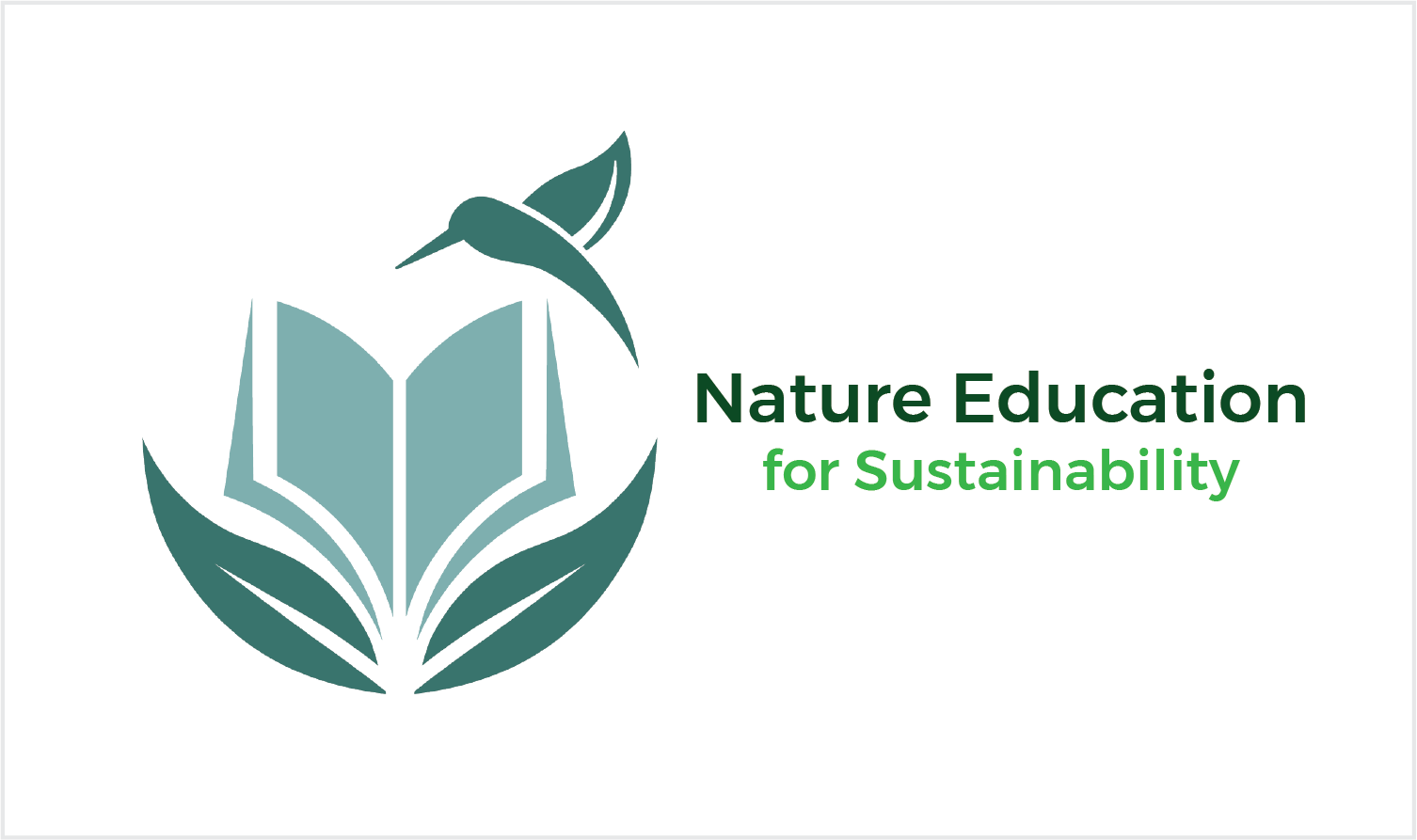
Vue d'ensemble et description
Intégrer l'éducation à la nature dans les systèmes éducatifs formels, non formels et informels. Partagez votre savoir-faire !
- Description:
-
Intégrer l'éducation à la nature dans les systèmes éducatifs formels, non formels et informels. Partagez votre savoir-faire !
Leadership de groupe
Mr Luis Alberto CAMARGO
Regional Vice-Chair
Dr Vasanti RAO
Regional Vice-Chair
Mr Firas ABD-ALHADI
Regional Vice-Chair
Ms Katalin CZIPPAN
L'éducation à la nature et la connexion avec la nature font partie des systèmes éducatifs formels, non formels et informels et sont promues par eux. L'éducation est reconnue comme une force motrice importante pour parvenir à la conservation et à la durabilité. L'éducation exploite les opportunités d'apprentissage offertes par la nature, et inspire et aide à rétablir des liens profonds entre les humains et la nature. Les programmes intègrent une éducation à la nature qui relie le changement climatique, la biodiversité et les aires protégées dans une approche holistique des systèmes vivants.
Groupes de travail
Développement de la vision et du contenu
Le groupe de travail se concentre sur le développement d'une vision consolidée de l'approche, du contenu et de sa place dans l'écosystème éducatif de l'éducation à la nature pour la durabilité. Les gens ont classé le changement climatique et la perte de biodiversité comme le défi le plus urgent auquel le monde est confronté, suivis de la discrimination et des inégalités, de la violence et des conflits, et du manque de nourriture, d'eau et de logement. Ils ont choisi l'éducation comme l'une des meilleures solutions à chacun de ces problèmes.
Communication et Plaidoyer
Le groupe de travail fonctionne pour communiquer la vision créée et préconiser son adoption, communiquer et promouvoir les meilleures pratiques par le biais de forums, inviter les écoles du monde entier à s'engager ou à adhérer à la déclaration, s'associer à des groupes qui ont une présence mondiale pour soutenir et adopter le travail d'alphabétisation, et engager les médias pour aider à diffuser le message.
Infrastructure habilitante
Toutes les écoles n'ont pas l'accès et/ou les ressources financières pour atteindre la nature sauvage, les forêts, les parcs nationaux, etc. La majeure partie de la population mondiale réside actuellement dans des zones urbaines. Ce groupe de travail est axé sur la coopération avec les acteurs qui peuvent donner accès à la nature (pouvoirs publics, citoyens, paysagistes et urbanistes, architectes).
Méthodes d'enseignement
Ce groupe de travail a pour objectif d'accompagner une évolution de la conception et de l'animation des enseignements afin de les rendre propices au contact avec la nature. L'éducation en plein air, sur les terrains scolaires, les installations scolaires en plein air, l'éducation forestière et de nombreuses autres initiatives aideront à utiliser la nature comme ressource pédagogique et à créer des exemples tirés de la nature comme stratégies pour les enseignants et les professeurs d'université.
Resources
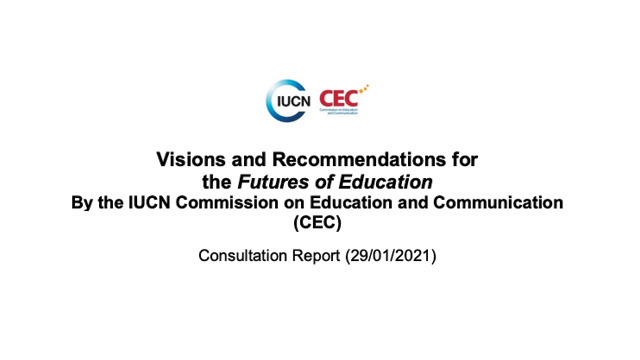
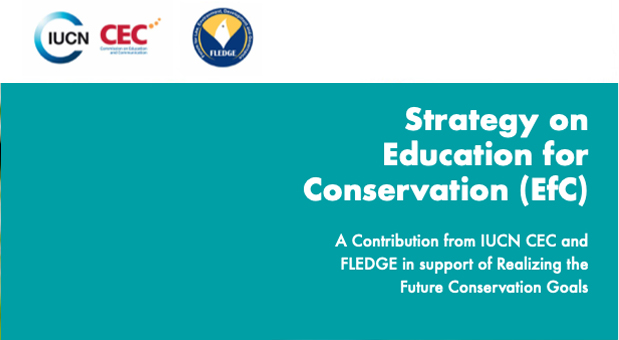
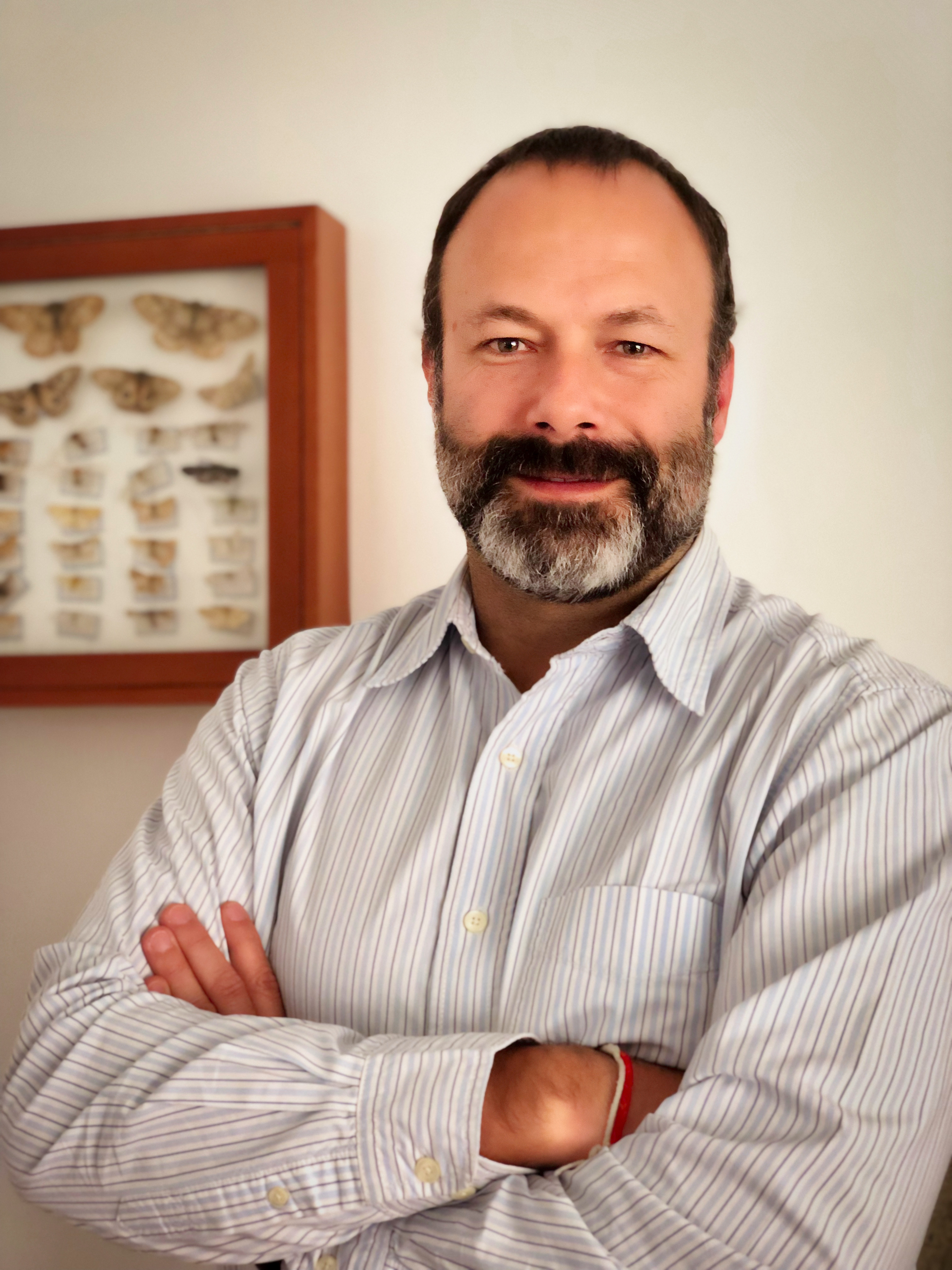
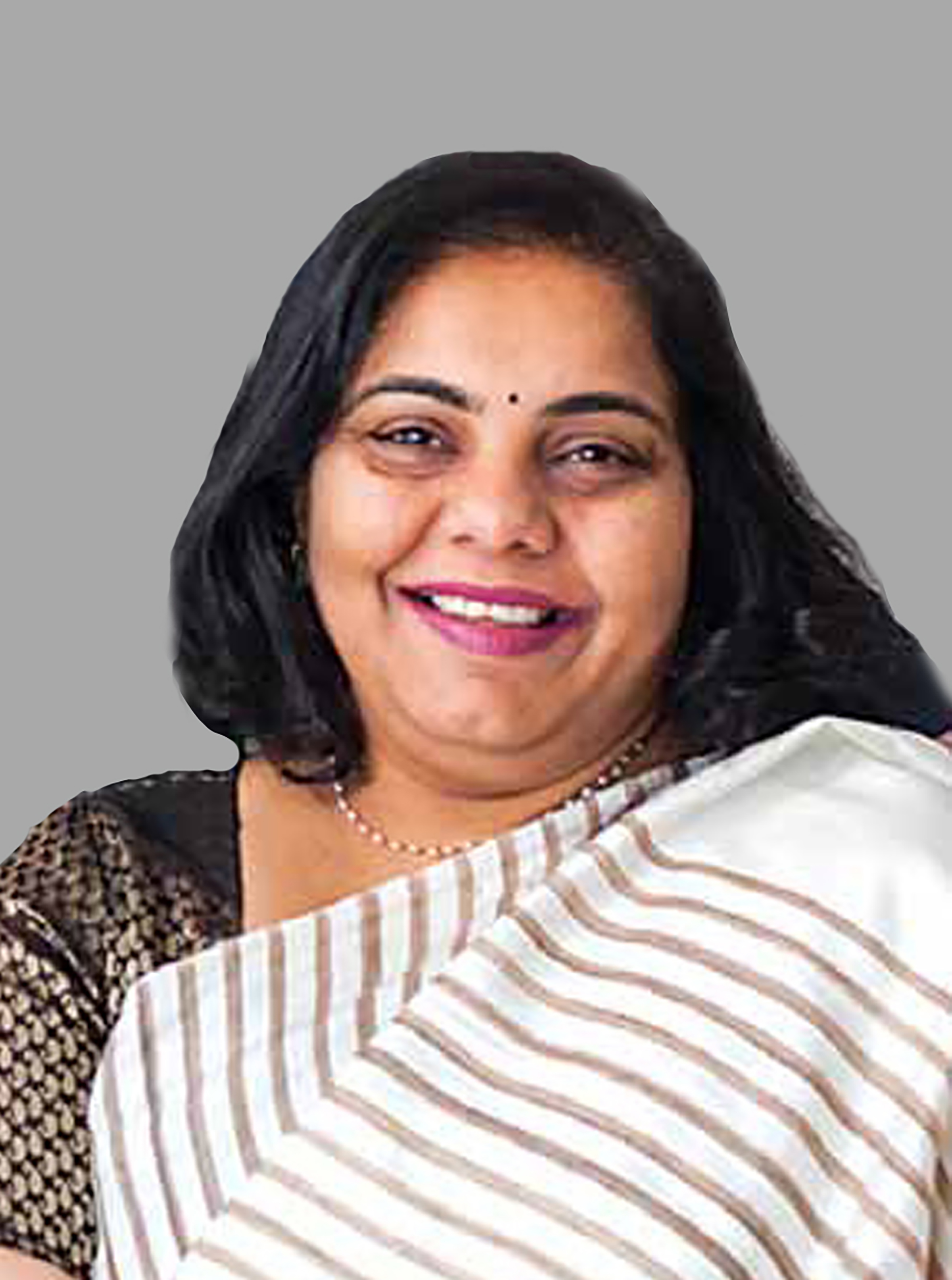
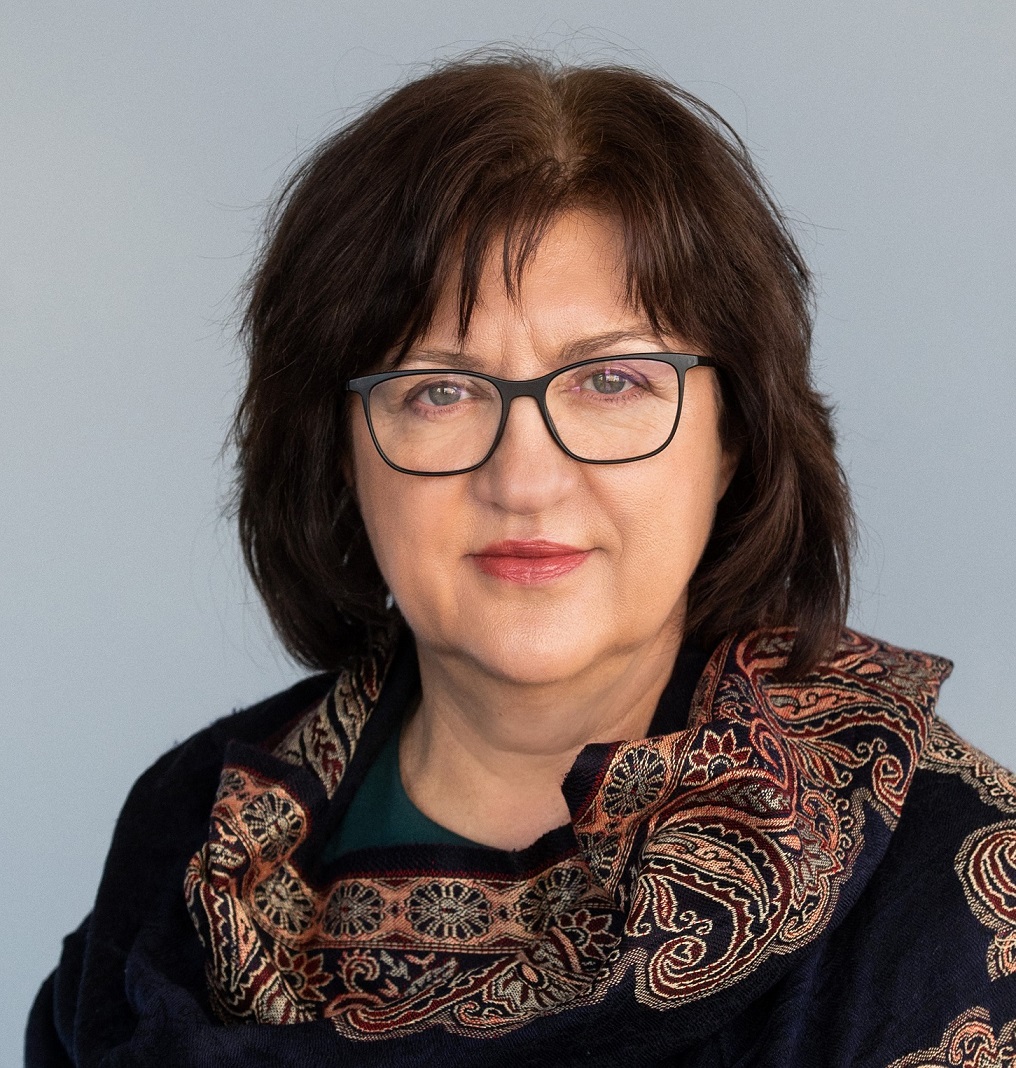

Comment s'impliquer?
Si vous êtes intéressé à contribuer à la réalisation de notre vision, inscrivez-vous pour faire partie du réseau ! Partagez vos histoires, faites-nous part de vos idées, contactez-nous, aidons-nous les uns les autres à amplifier et faire évoluer notre travail !